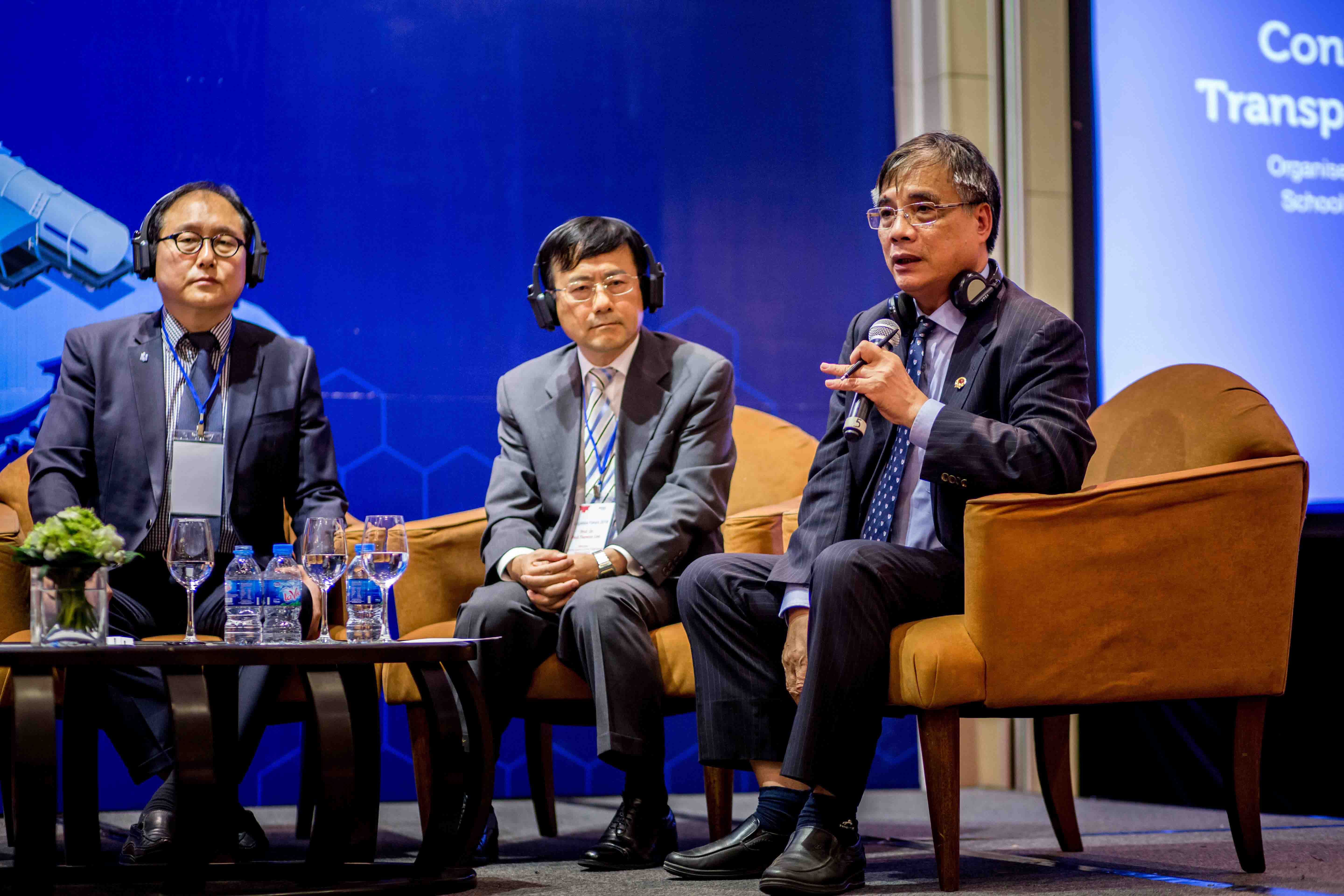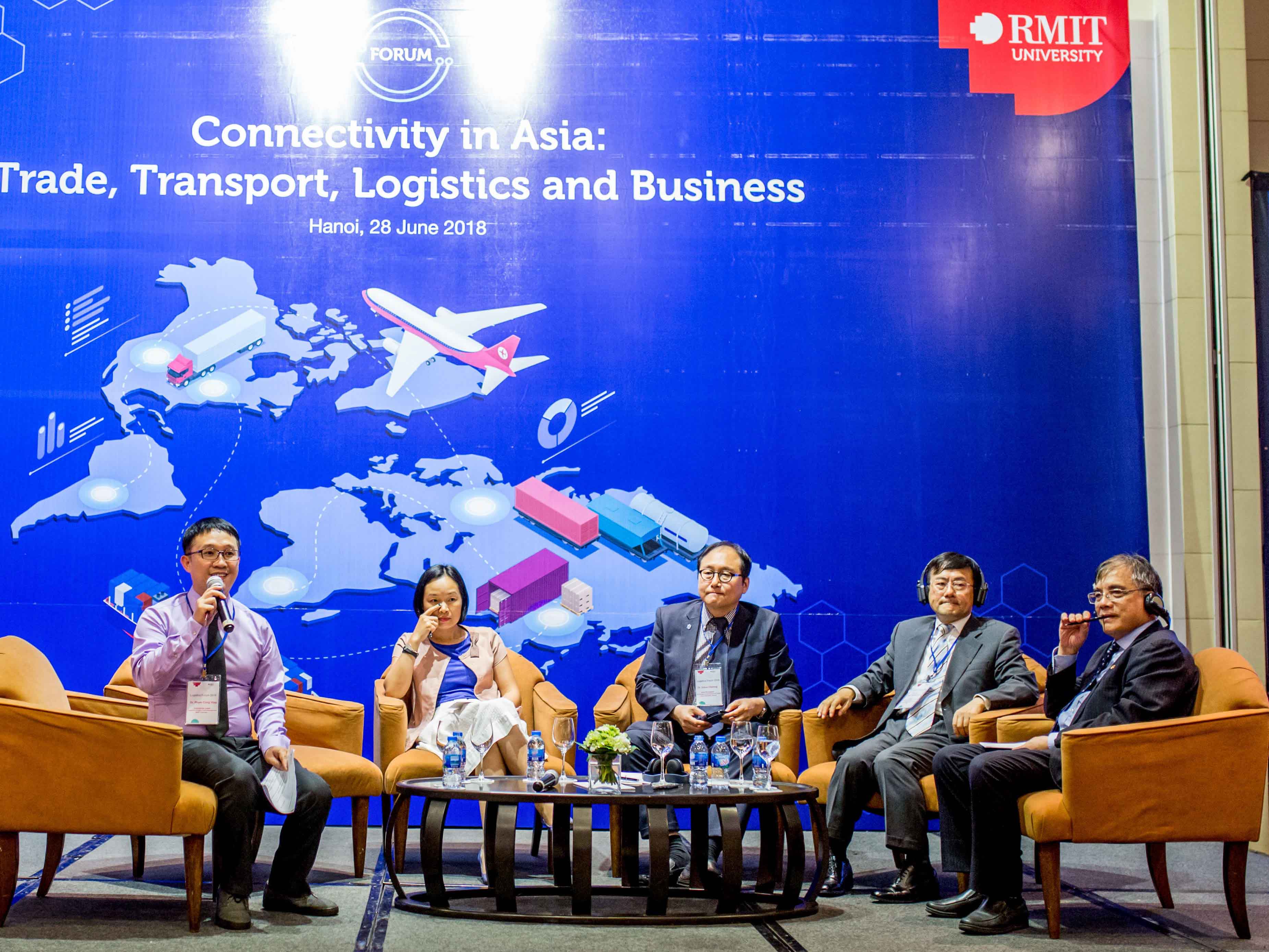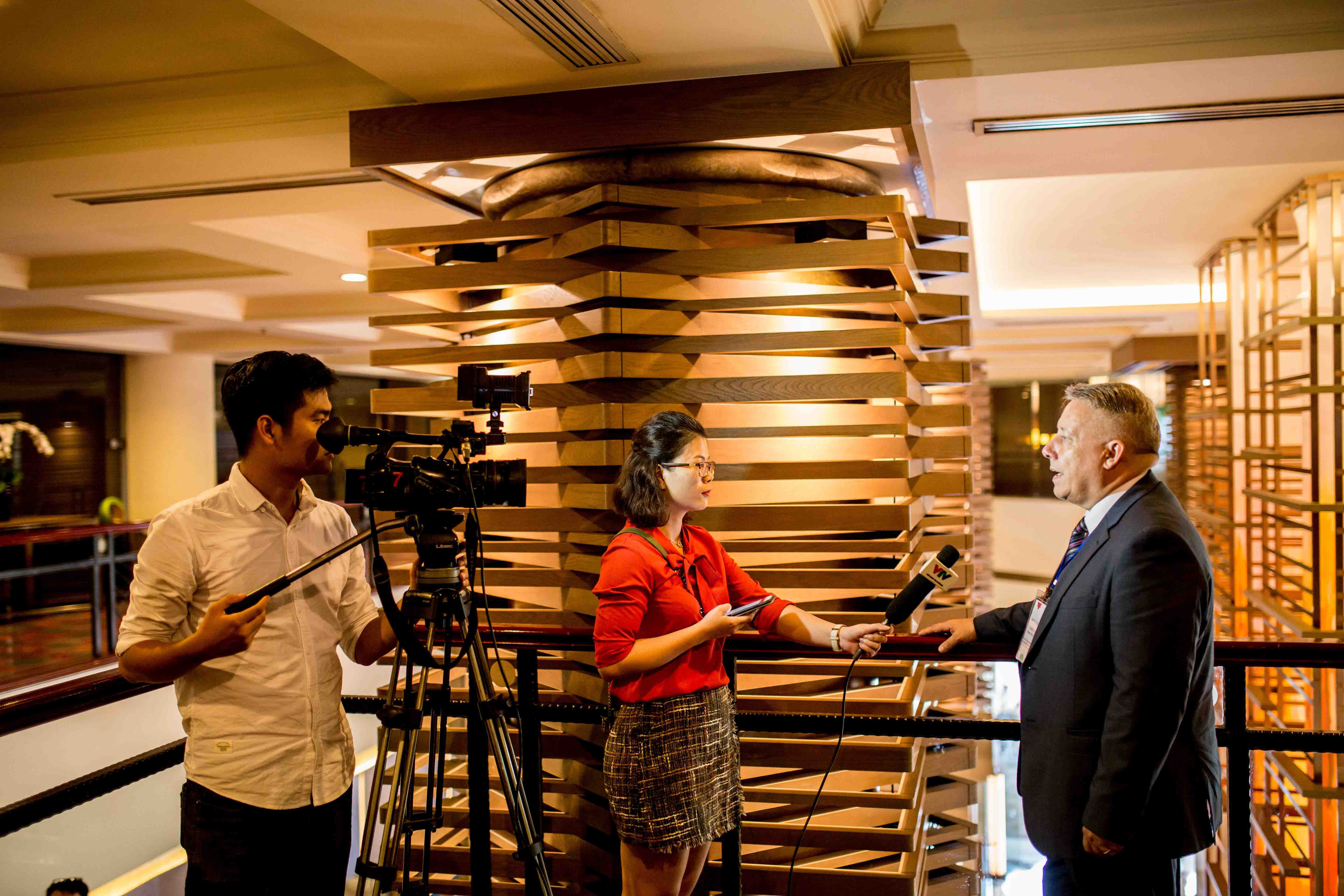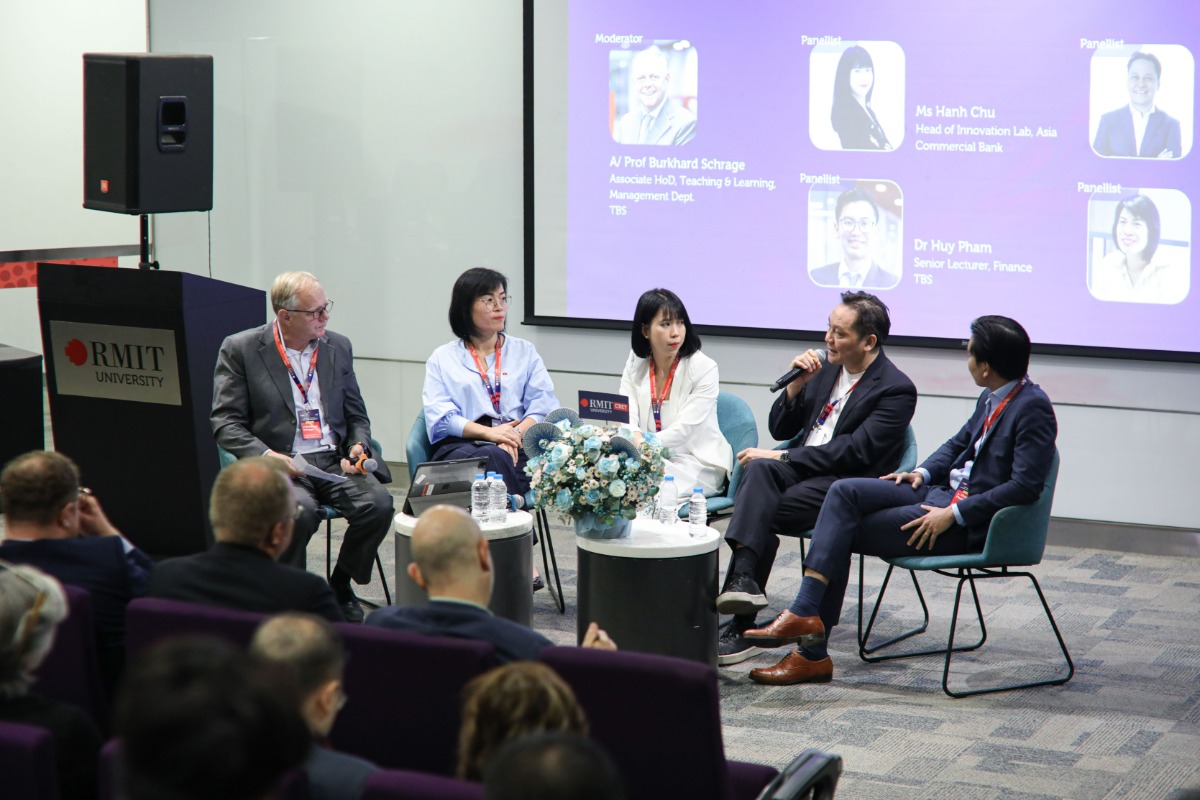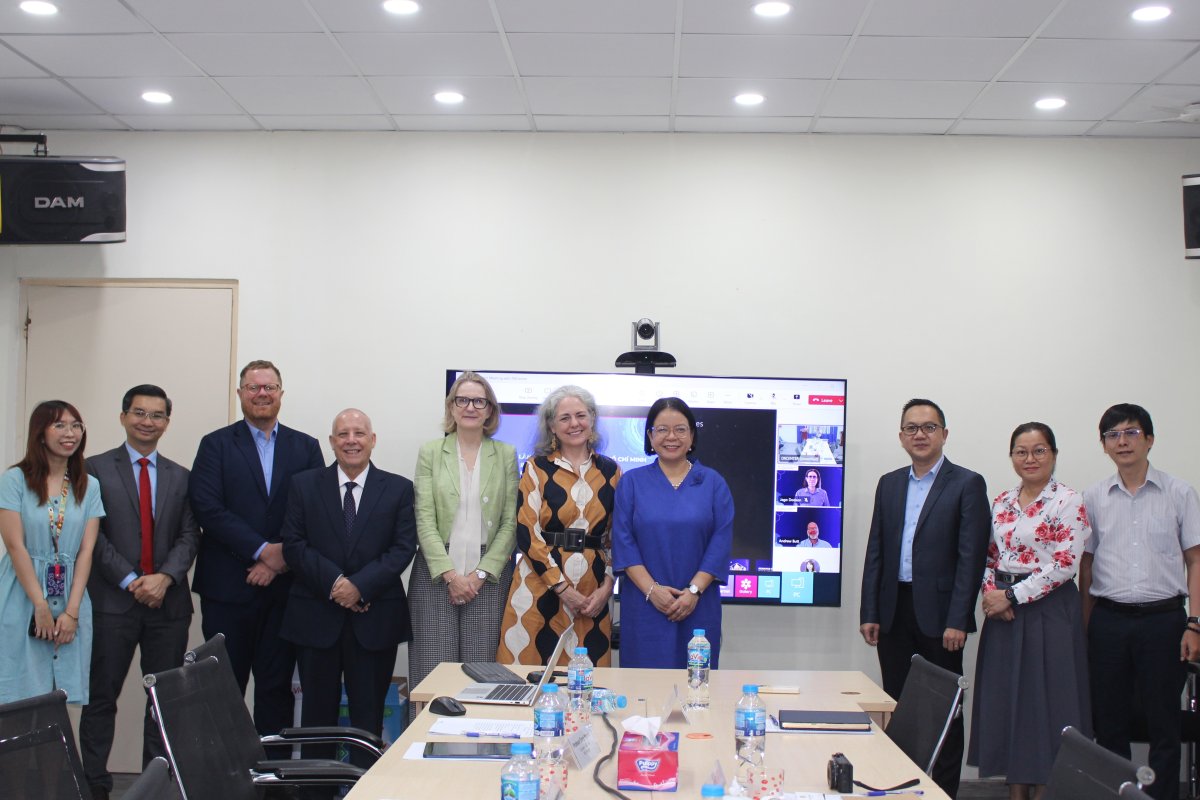RMIT Vietnam launches Centre for Business and Emerging Technologies
On 16 May, RMIT Vietnam launched the Centre for Business and Emerging Technologies (CBET) advancing its commitment to Vietnam and ASEAN’s (Association of Southeast Asian Nations) digital transformation.
RMIT and HCMC Digital Transformation Center announce PhD scholarships
RMIT University Vietnam and the Ho Chi Minh City Digital Transformation Center (HCMC-DXCenter) have announced a PhD scholarship program to further their strategic collaboration under the memorandum of understanding signed in June 2024.
AI in cybersecurity: Implications for fintech companies
As AI-powered cybercrime rises, fintech firms must fight fire with fire, says Associate Professor Pham Cong Hiep from RMIT University Vietnam.
Growing through competitions: RMIT graduates share their journey
Stepping outside the classroom can be intimidating, but competitions offer more than just trophies. They sharpen skills, build awareness, and open doors to real-world opportunities.

